Our Practices
Total Quality Management Training Programs
Total Quality Management, or TQM, is to provide all workforce, work, product and/or service quality requirements to meet customer needs through a systematic approach with the contributions of all employees.
In 2021, we provided TQM training (problem-solving methodology, fishbone, brainstorming, why-why analysis, how-how analysis, Muda analysis, 5S, etc.) to a total of 71 employees in our factory in Bulgaria.
Suggestion System
The purpose of this system is to improve production, logistics, work and worker safety, environmental systems, employee motivation, and maintenance processes through small yet continuous changes.
We received a total of 127 suggestions at our Bulgaria factory in 2021.
5S
5S is a method to nurture and maintain a quality working environment at organizations.
We apply 5S in 12 fields at our Bulgaria factory.
Quality Circles (QCs)
Quality circles are small working groups of four to seven volunteering employees to gather at various times in order to analyze efficiency and effectiveness problems in processes including quality, productivity, work, worker and environment safety, logistics, and raw material, and to suggest and implement due solutions. These working groups often consist of operators and foremen.
Root Cause Analysis and SMED (Single-Minute Exchange of Die) methods are applied individually or together in these discussions.
We have implemented 56 projects in our factory in Bulgaria since 2016, and new projects are on the way.
Continuous Improvement Projects (CIPs)
Continuous improvement is a method of ensuring that processes, methods and applications provide as efficient, precise and effective results as possible. The number of team members in CIP activities varies from four to seven. Team members are often specialists, competent foremen, and operators.
Root Cause Analysis, SMED (Single-Minute Exchange of Die) and/or Lean Six Sigma methods are applied individually or together in these discussions.
Lean Six Sigma
Lean Six Sigma is a method used in Continuous Improvement Projects. The methodology aims to eliminate error margins in business processes, boost productivity, improve business processes, and maximize customer satisfaction. Once implemented fully in Turkey, Lean Six Sigma projects will be launched in our international facilities as well as in our training programs.
Failure Modes & Effects Analysis (FMEA)
Failure mode and effects analysis is a product development and operation management procedure that classifies failures based on probability and similarity to analyze the potential failure modes of a system.
We have launched the FMEA practice in six processes at our Bulgaria factory, and we update the practice each year.
Global 8 Discipline (G8D)
Global 8 Discipline is a systematic problem-solving method executed by teams consisting of individuals specialized in different customer complaint-related disciplines at Kastamonu Entegre.
Total Productive Maintenance (TPM)
Total Productive Maintenance protects and improves the integrity of production, security, logistics and quality systems through machinery, equipment, processes and employees that add business value to a company.







